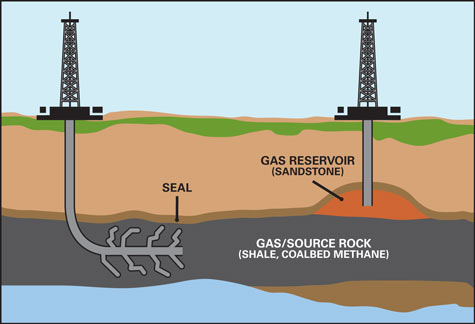
Picture- Natural Gas Trucks in Youngstown
In Youngstown, Ohio, there had not been any seismic activity since the 18th century when the land was being settled. On March 17, there were two minor earthquakes. In the following eight months, there were several more. Nine earthquakes in a previously dormant area is very unusual. The epicenters were calculated to be at a natural gas disposal well.They claim that the waste water went too far down, unlocking ancient faults, which caused the earthquakes.
I think this is ridiculous. When coroporations dig wells for Natural Gas, they have to research the area thoroughly, so something like this doesn't happen. Maybe if they could get 100% confidence that it is the Gas companies' fault, the company could have some consequences. The companies are causing trouble everywhere, and the government isn't doing anything to stop it.
Question 1: Do you think it is the gas companies fault?
Question 2: Is there an equally effective alternative to natural gas mining?
Question 3: What can we do to help with problems like these?
By: Jarrett Hershman




